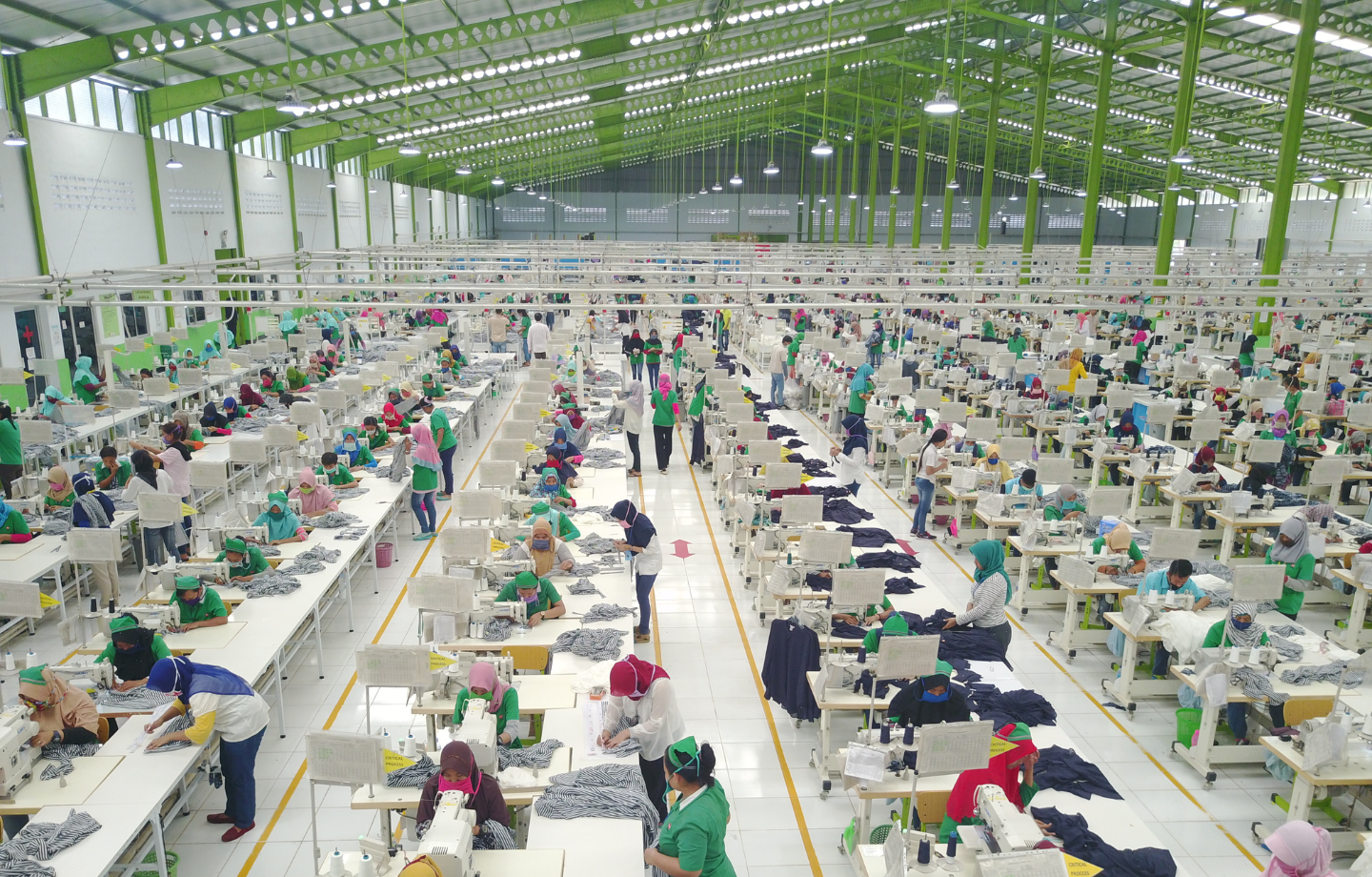The Need to Mainstream Human Rights Principles in Sourcing Decisions

May 27, 2015
On May 12, the US Chamber of Commerce hosted a summit on the global supply chain. The event attracted logistics and global distributions experts from many of the largest multinational corporations and high ranking speakers from government and business.

Most speakers and attendees were focused upon the positives of a global supply chain—less expensive production with similar quality to domestic production—and on the need for the U.S. government to reduce the barriers to importing goods. Commerce Secretary Penny Pritzker assured the audience that the Obama administration is committed to lowering barriers to trade and speeding up processing of goods at ports of entry.
While it is important to identify the business benefits created by global sourcing, the event was surprising for its failure to raise the human rights and environmental challenges inherent in a global supply chain. Sourcing materials and finished products internationally requires careful attention to the labor conditions and environmental consequences of production. The Obama administration has recognized the imperative for those who do business with the federal government to control for trafficked, forced, and child labor through new regulations that went into effect earlier this year. But in front of a business crowd, administration officials did not discuss these restrictions or dwell on the human rights or environmental protections they have promised exist in coming trade pacts.
Perhaps more distressing, was the fact that many supply chain professionals attending the event, with whom I spoke, viewed labor supply chain issues as the province of corporate social responsibility specialists within the company. When asked about the human rights consequences of production in Bangladesh one woman, who works in distribution and logistics for a sporting goods manufacturer, said “I don’t know too much about that stuff. We have good people elsewhere within the company who deal with that problem.” A former government economist questioned the business case for worrying about human rights violations in the supply chain given customers express little interest.
While the imperative for companies to protect human rights may be obvious to this writer and the readers of this blog, this need is too often still divorced from the business imperatives driving sourcing decisions. The next step for advancing the cause of business and human rights is to socialize the importance of social impact as a business need with supply chain and sourcing managers making day to day decisions.
 Global Labor
Global Labor


